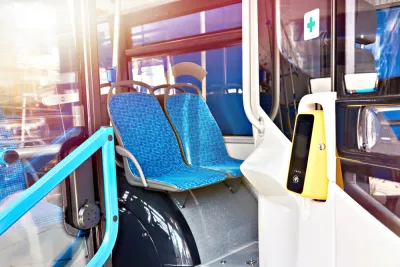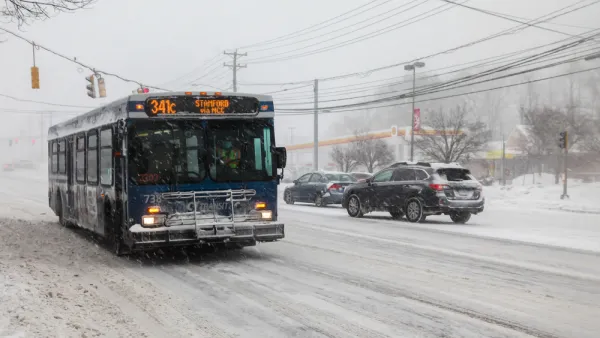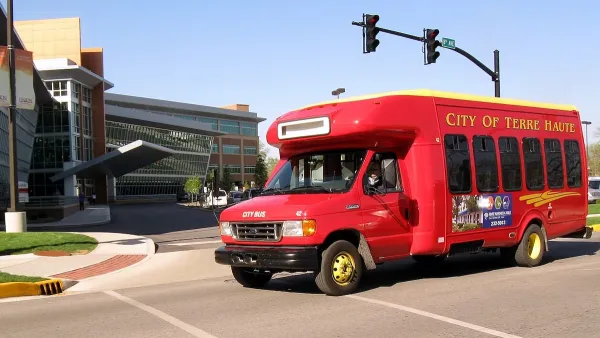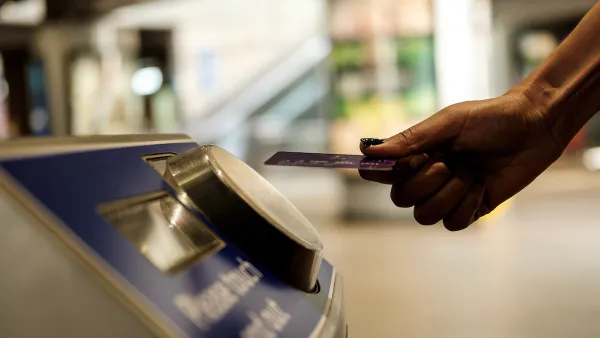Many of the riders who rely on public transit the most are also least likely to be able to use cashless fare systems.

A study from the University of Oregon reveals that eliminating cash payments on public transit systems can harm low-income users, who are often most dependent on transit for daily needs.
“They’re also less likely to have a credit card, smartphone, or even the cash reserves to pay for a monthly transit pass upfront,” and have a harder time reloading fare cards without cash options, the study showed. “If people have to visit a gas station or convenience store to reload their bus card with cash, how will they get there?”
“Maintaining cash fare boxes is very expensive; each one can cost thousands of dollars. But accepting cash also increases ridership, giving people more flexibility to hop on a bus without having to jump through hoops to set up an account or link a credit card.” In other words, transit agencies could still lose revenue from lost ridership despite the savings of eliminating cash fareboxes.
The report’s author, Professor Anne Brown, points out the simplest solution: no fares for anyone. “Fares make up only a part of the budget for most transit agencies, and that financial gap could be closed in other ways.” Proponents of fare-free transit argue that—when paired with effective service—it eliminates a major expense for low-income commuters and encourages more ridership.
FULL STORY: Study: Cash payments remain a key part of equitable transit

Analysis: Cybertruck Fatality Rate Far Exceeds That of Ford Pinto
The Tesla Cybertruck was recalled seven times last year.

National Parks Layoffs Will Cause Communities to Lose Billions
Thousands of essential park workers were laid off this week, just before the busy spring break season.

Retro-silient?: America’s First “Eco-burb,” The Woodlands Turns 50
A master-planned community north of Houston offers lessons on green infrastructure and resilient design, but falls short of its founder’s lofty affordability and walkability goals.

Test News Post 1
This is a summary

Analysis: Cybertruck Fatality Rate Far Exceeds That of Ford Pinto
The Tesla Cybertruck was recalled seven times last year.

Test News Headline 46
Test for the image on the front page.
Urban Design for Planners 1: Software Tools
This six-course series explores essential urban design concepts using open source software and equips planners with the tools they need to participate fully in the urban design process.
Planning for Universal Design
Learn the tools for implementing Universal Design in planning regulations.
EMC Planning Group, Inc.
Planetizen
Planetizen
Mpact (formerly Rail~Volution)
Great Falls Development Authority, Inc.
HUDs Office of Policy Development and Research
NYU Wagner Graduate School of Public Service




























